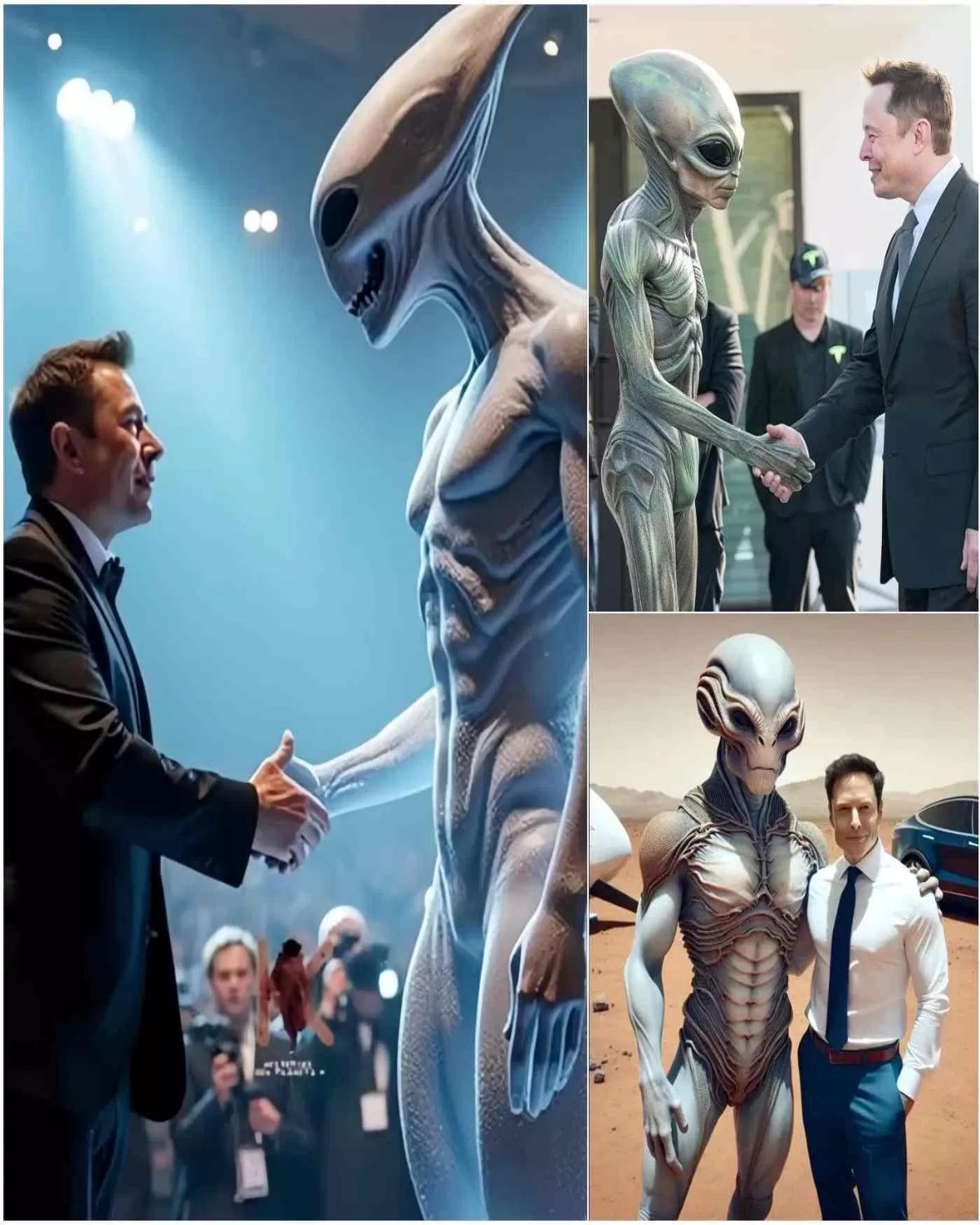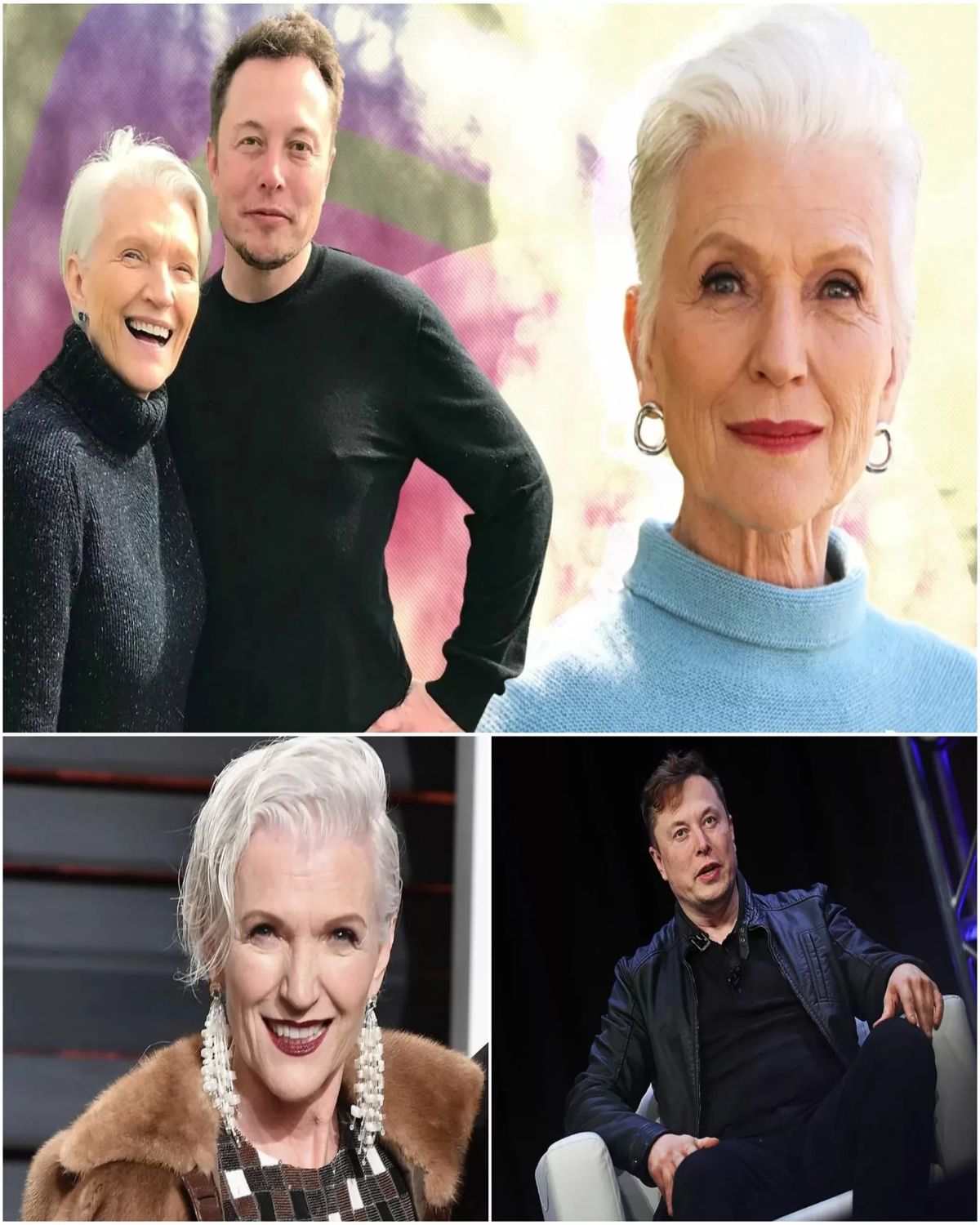Elon Musk and Robert F. Kennedy Jr. Unite to Champion Free Speech in the Digital Age
Elon Musk and Robert F. Kennedy Jr. have joined forces to advocate for free speech and challenge what they describe as increasing censorship in the digital landscape. The partnership combines Musk’s influence as a tech innovator with Kennedy’s long-standing focus on personal freedoms, sparking both praise and controversy.

Musk, who rebranded Twitter as X after acquiring the platform, envisions it as a modern public square—a space where open dialogue can thrive without fear of suppression. During a recent Twitter Spaces event with Kennedy, they tackled polarizing issues, including media bias, vaccine mandates, and the boundaries of free expression.
Kennedy, known for his controversial views on vaccine mandates and government overreach, has faced significant backlash. Despite criticism, he positions himself as a defender of personal liberties, rallying support from those skeptical of institutional power. Musk, meanwhile, emphasized his commitment to transparency in technology, proposing open-source algorithms to reduce bias and foster accountability.
The duo’s collaboration has sparked heated debate. Critics accuse them of amplifying misinformation, particularly on sensitive topics like vaccines. However, their advocacy has struck a chord with many who feel marginalized in mainstream discourse. The idea of a digital Bill of Rights, championed by Kennedy, has resonated across ideological lines, drawing support from activists, academics, and even some politicians.
This alliance has ignited a broader conversation about the future of public discourse. Who should control the flow of information in an increasingly digital world? Musk and Kennedy argue that the answer lies in decentralizing power and empowering individuals. Their efforts highlight the delicate balance between combating harmful misinformation and preserving the fundamental right to free expression.
As this partnership continues to evolve, it challenges entrenched narratives and raises urgent questions about the intersection of technology, governance, and human rights in the 21st century.





